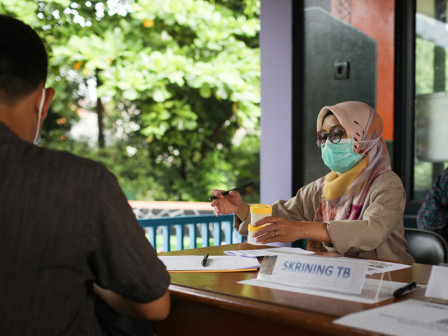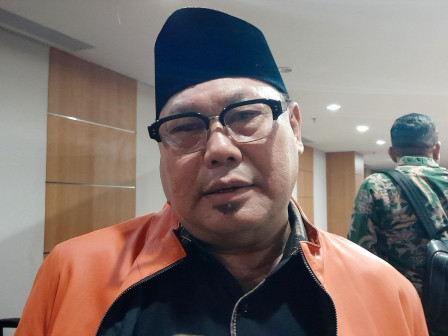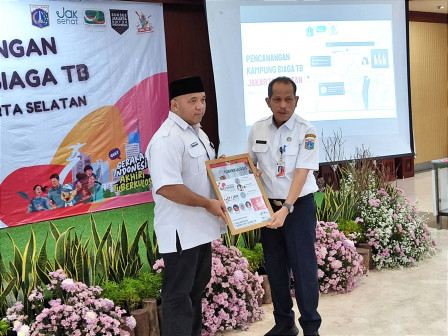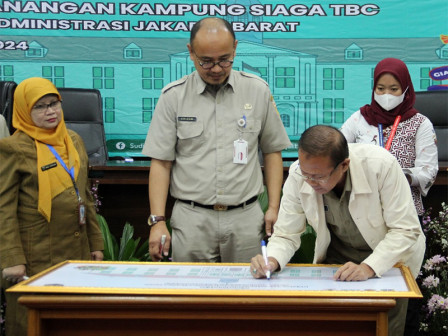Commission E Wants Dinkes to Intensify TB Screening
Reported by Dessy Suciati | Translated by Nugroho Adibrata
Jakarta Legislative Council (DPRD) Commission E Legislator, Yudha Permana proposed that the Jakarta Health Agency (Dinkes) intensify Tuberculosis (TB) screening in offices and educational facilities.
We must prevent this TB case from becoming a dangerous epidemic in Jakarta
According to him, this door-to-door service was aimed at optimizing preventive measures and handling TB cases in the community, especially in places with high transmission potential.
"We also have to be careful in office areas because transmission can occur in offices and be carried home," he expressed, on the sidelines of the Commission E Meeting with partners at Grand Cempaka Resort, Bogor, West Java, Wednesday (11/20).
E. Jakarta Health Sub-agency Intensifies TB Prevention EffortsHe explained it must be done massively in a bid to detect the number of sufferers and handle them quickly and appropriately
"We must prevent this TB case from becoming a dangerous epidemic in Jakarta. Thereby, the Dinkes also needs to hold counseling for the public, especially in densely populated areas, he explained.
He also prompted them to collaborate with areas all over Jakarta for optimal results. "I certainly appreciate the efforts that have been made," he stressed.
He added the increased handling efforts had resulted in a decrease in TB cases in Jakarta.
"I think there have been improvements and I'm grateful that next year it will be the Dinkes' priority program," he uttered.
He assessed the Kampung Siaga for TB was effective already in suppressing cases or transmission. "It must also be optimized continuously. We also gave awards to the best areas that have implemented it," he added
As for the budget 2025, we set it amounting to Rp 65 billion for handling TB. There is also financial assistance from the Global Fund amounting to Rp 9.1 billion.
"Currently, the discovery of TB cases has reached around 75 percent of the target set. After detection, we then investigate the patient's close contacts, thus appropriate treatment can be given and wider transmission does not occur," he stated.





